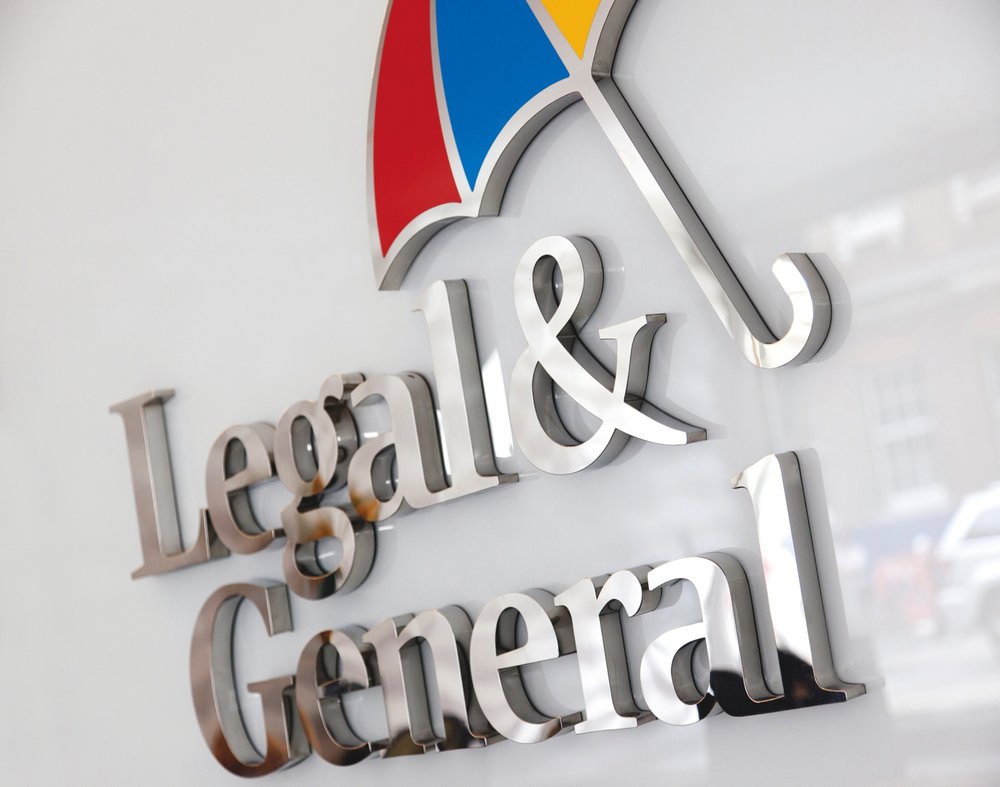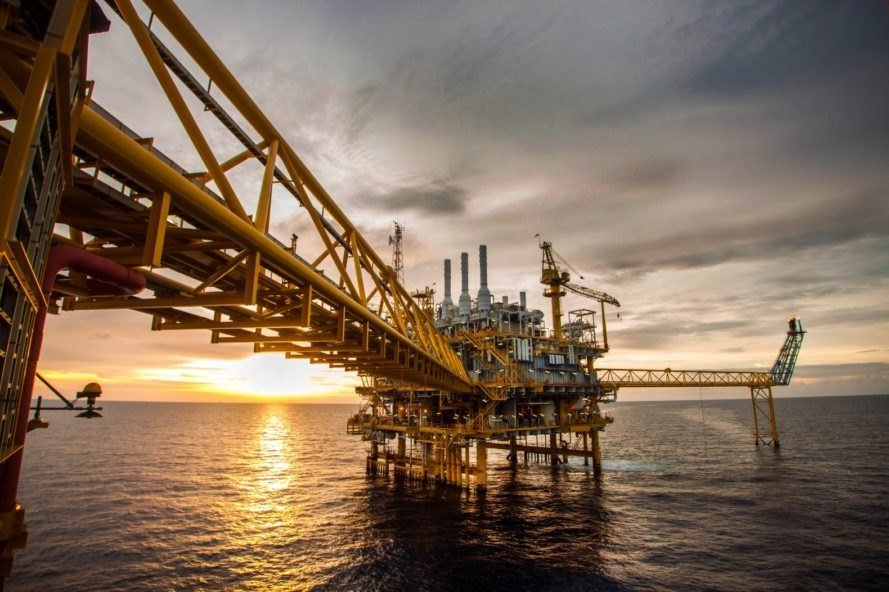Climate change activists are systematically cracking down on companies that are playing an active role in damaging the environment. Legal and General, one of biggest investment managers in Europe has decided that companies will now pay a hefty price for unsustainable behavior – in the form of billions of dollars of investment losses.

Legal and General is a European leader in managing investments and assets worth more than £1 trillion
Legal and General’s New Policy
With climate change accelerating at an alarming rate, environmentalists are stepping up to fight against industries that causing systematic damage to the ozone layer. One investment management company named Legal and General (LGIM) has started a new effort to force companies to clean up their act by taking a pledge to save the environment. Legal and General is a European leader in managing investments and assets worth more than £1 trillion.
According to the new practice, the firm will identify companies that are the most environmentally reckless and not only publicly name and shame them, but also dump their shares. On the other hand, companies that have adhered to the climate change prevention guidelines will be named and famed every month.
Helena Morrissey, the head of personal investing at LGIM revealed that the firm works with over 90 of the biggest and most influential companies in the world whose actions have major implications on the environment and the planet’s future.
While talking to the City Weekly Conference, she said that they have been giving warnings to the companies that have performed badly over the past years, but since many of them have failed to take notice, Legal and General will have to resort to ‘naming and shaming’ them starting next month.
Climate Impact Pledge
Morrissey says that LGIM has finally decided to vote with their feet by divesting from unsustainable companies. She added that the company realizes that climate change could have disastrous economic consequences in the long term which is why now is the time to take drastic action against the biggest global climate offenders.
LGIM initiated a Climate Impact Pledge in 2016 to help international companies transition towards low-carbon energy resources in order to meet the 2 degrees Celsius target set by the Paris Agreement. The investment firm will take strict action against companies that have failed to address climate change, by voting against the reappointment of their board chairmen.
So far, LGIM has singled out eight companies that have remained inactive against the climate risk. These companies include Rosneft Oil, Japan Post Holdings, Occidental Petroleum, China Construction Bank, Dominion Energy and Sysco Corp.
Promoting Female Leadership
The new policy to divest from certain companies will be applied to the entire range of LGIM’s future funds as a way to encourage corporate behavior. The financial services company has also taken a stand on various other social issues in the past including discrimination against female employees at workplace.
LGIM put personal pressure on some of the biggest British companies last week by announcing that it would vote against the chairman of a company whose board has any less than 25% female representation. Legal and General isn’t the only one trying to make a change. Joining the company in its efforts is the Deutsche Bank, which released a report showing that investors backing firms with higher female representation at senior levels tend to perform better than others.

So far, LGIM has singled out eight companies that have remained inactive against the climate risk including Rosneft Oil, Japan Post Holdings, Occidental Petroleum, China Construction Bank, Dominion Energy and Sysco Corp
LGIM used 50 indicators to assess and rank various companies, some of the criteria included whether the companies recognized climate change and were engaging in more sustainable practices, if they were completely honest about their carbon emissions and whether their boards were adequately represented by female directors.
After their initial assessment, the investment firm sent out letters to over 84 companies, out of which 61 per cent responded positively and set up meetings to address the pressing issue of climate change. These companies included Commonwealth Bank, Toyota and Wells Fargo which showed improved climate scores ever since LGIM launched the engagement process last year.
Nestle also vowed to reduce its greenhouse gas emissions by 2020 to meet the Paris Agreement’s requirements. The investment firm says that, at the end of the day, its goal is to protect its clients’ investments and work with companies towards securing a more environmentally friendly future.










